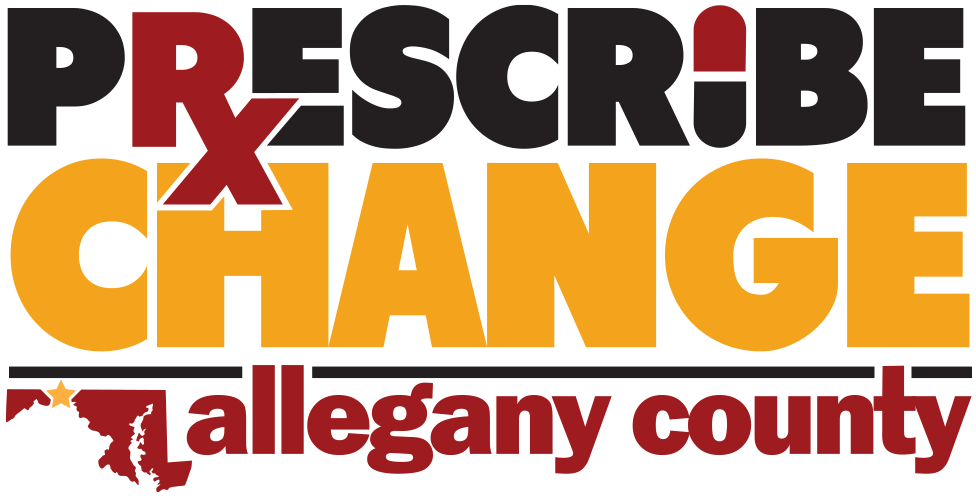Suspect Addiction or Substance Abuse? Get Help Now!
OVERDOSES
Who Is At Risk Of Overdose?

Those at risk for Unintentional Overdose are:
- Young children – confusing medication for candy
- Elderly – confusing dosage or mixing medications improperly
- Anyone who takes multiple medications
- Individuals with Mental Illness
- Anyone who takes an incorrect dosage of a medication

Those most at risk for Overdose are:
- Individuals using prescription opioids long term for chronic illness or pain management
- Individuals abusing prescription or street drugs
- Those who mix drugs with alcohol
- Those who recently received treatment for drug abuse
- Those with a history of overdose
- Those recently released from incarceration
People with drug addiction issues usually don’t mean to overdose. If individuals start using substances again at the same level they were prior to a period of not using substances, i.e., treatment or incarceration, they may easily overdose because their tolerance level has been lowered.
How to Recognize an Opioid Overdose
Depending on what drug was used, overdose symptoms can be different. Overdose symptoms can also mimic many other conditions. Some common signs of an opioid overdose:
Loud snoring or gurgling noises
Body very limp
Unresponsive
Skin pale/gray, clammy
Lips/fingertips turn blue(ish)
Pulse slow or erratic
Breathing very slow, shallow, or not at all
Unconscious
Responding to an Opioid Overdose
Step 1: Rouse and stimulate
Step 2: Call 911
Step 3: Give Naloxone
Step 4: Rescue breathing
Step 5: Care for the individual until help arrives
How NOT to Respond to an Opioid Overdose
DO NOT:
- Use ice to cool down body (could result in slowed heart rate, arrhythmia)
- Put person in bath/shower (could result in drowning)
- Hit/slap or burn fingers/feet (could result in bruising or broken bones)
- Give drink/induce vomiting (could result in choking to death)
- Inject person with cocaine, salt water, milk, or epinephrine (could cause high blood pressure or infection)
Become Trained in Naloxone
Attend Opioid Overdose Response Training
Naloxone, also known as Narcan ®, when administered to a person overdosing from an opioid medication or drug, can reverse the overdose immediately by quickly restoring breathing and consciousness. If someone you know may be at risk for overdosing on prescription pain medication or heroin, you can obtain a prescription for this lifesaving drug medication and learn how to administer it.
Training participants learn about opioids, how to recognize, respond to and prevent an opioid overdose and how to administer naloxone to reverse an overdose. After completing the training, participants receive free naloxone and an overdose prevention kit.
The training and overdose prevention kit are FREE to participants
